The Dunav [Danube] intercultural school was supposed to be a different school, the first in Croatia where hundreds of children of Croatian, Serbian and other nationalities were to attend classes together and learn about their differences
The Danube intercultural school in Vukovar was supposed to be a different and modern school. The first one in Croatia where hundreds of kids of Croatian, Serbian and other nationalities - rather than being separated across schools or classes, as was the practice in Croatia since the war - attend classes together and learn about their differences. The idea to make a school like that was born some 15 years ago.
In the first half of 2014, former Prime Minister Zoran Milanović signed the agreement on financial aid for the project with Kingdom of Norway. Norway and other minority donors (Iceland and Lichtenstein) were prepared to donate EUR 1.3 million for the project based on the agreement (with Norway providing 98% of the sum). The school was to open last year in the building in Blago Zadro Street in Borovo Naselje. The three-story building is fully renovated and equipped thanks to the donation of Kingdom of Norway. Equipment includes Smart Boards, computers, elevators for the disabled, modern didactic equipment and colorful carpets. The Ministry of Science, Education and Sports approved the school's permit and drew up a special curriculum as well as educated tens of teachers in line with the special program. The school has had an acting headmaster for one year and eight months, but will not open this year.
Violation of agreement
As we have exclusively learned, Kingdom of Norway called on Croatia to return the funds due to violation of agreement. The deadline for completing the project, according to signed agreements, was end April 2017. That is how long Croatia had to make use of the Norwegian donation worth EUR 1.3 million. Since the project was not completed on time, with some EUR 390,000 spent thus far, Kingdom of Norway decided to pull out.
The Norwegian Embassy in Croatia is not hiding regret over the fact that Croatia failed to uphold its end of the agreement on this, as they phrased it, very important project. We asked the Embassy to comment on the situation and expected consequences for Croatia following violation of the international agreement, and the Embassy responded:
-The intercultural school project in Vukovar was one of several projects we supported as part of our program of donations to Croatia through the European Economic Area. According to the mutually binding agreement with Croatia signed in 2014, costs relating to the project are deemed acceptable until April 2017. We were prepared to finance this important project, for which we allocated EUR 1.3 million. Teachers showed dedication to the project, while parents and children showed interest in the school. We are sorry that the project was not completed in line with the mutually binding agreement. Funds must be managed efficiently, in line with regulations and agreements, which is why we called for return of our investment thus far - some EUR 390,000.
As the Norwegian Embassy in Zagreb noted, the goal of the project was to add to societal recovery of the multiethnic community following war as well as achieve a higher level of understanding, respect and cooperation between minority groups and majority.
- The intercultural school in Vukovar could have been a modern school, where latest methods and technologies are used. It could have been an example of how schools can contribute to integration and dialogue in areas that saw conflict - noted the Embassy.
But it is not. How come?
The intercultural school was seen as an unwanted child by the Croatian Democratic Union (HDZ) and the Independent Democratic Serb Party (SDSS) from the start. During the term of Social Democratic Party (SDP)'s Mayor of Vukovar Željko Sabo, the two parties (then part of the opposition) prevented the City from founding the school as they had majority in City Council.
- That was supposed to be the first elementary school in Vukovar with the City as founder. We are the only City in Croatia where the County has control over elementary schools, rather than the City. That was supposed to be the start of the process of the City taking control over other schools in the City. However, the eternal coalition between the HDZ and the SDSS in Vukovar, which still stands strong, sabotaged our initiative and the City Assembly rejected the suggestion - Sabo reminded about the first attempt to found the school. The initiative started during HDZ's Mayor Zdenka Buljan, with Sabo noting that he succeeded her and gladly supported the initiative.
- I went to Norway as well, where I visited schools operating under that principle. I personally witnessed it was a good solution for a traumatized area like Vukovar. Their Ambassador did not give up after the project was sabotaged first time, but continued offering Vukovar EUR 1.5 million for a new building and new school as they saw that the school would contribute to bringing young people together. Young people are separated from kindergarten, which continues in elementary schools and is one of the largest problems of this City. Pressure was made on the Government and someone apparently had influence on incumbent Mayor of Vukovar Ivan Penava, so the HDZ finally accepted the offer and the City was gifted the building for the school. However, as relevant authorities warned, we are now facing the problem of lack of interest of parents. I see it as another attempt to stonewall the project, but a silent and subtle one, by the same actors who failed to prepare marketing and make an effort to inform parents about what enrolling their children would bring - stressed Sabo when we asked him why, as he claims, the HDZ and the SDSS do not want similar projects to start in Vukovar.
People who do not want the war to end
-I cannot but get the impression that some people in Vukovar do not want the war to end. The basic requirements for coexistence in Vukovar include mixed kindergartens and schools. The current situation is grotesque. Foreigners I talked to about this could not hide their amazement. When I tried to make a change, the HDZ and the SDSS prevented me, with myself and the SDP left alone on the other side - said Sabo.
Incumbent Mayor Ivan Penava, who opposed the project while he was part of the opposition in the City, has not changed his position after he sent the suggestion for founding the school to the City Council.
- I have not changed my mind. Then I thought that the project was not good for Croatia and that a sovereign country with systematic policies should not allow foreign bodies in its legal framework, especially in education. Unfortunately, our country apparently does not share my opinion as it started the project and brought it to its conclusion so that we could - with or without us - get the school in Vukovar. Coming period will show whether citizens are interested in the project - said Penava at the City Assembly in December 2016, when the school was founded. Like during Sabo's term, the plan was opposed by Serb representatives in the Council, who stressed that the project would jeopardize the existing model of education of their children and added that "Norwegians are turning people of Vukovar into guinea pigs."
Penava refused to talk to us about the project.
- I have nothing to add. It is up to the experts now - said Penava and directed us towards the Social Activities Office, which directed us towards acting head of the Office Zlatko Hegeduš, who was appointed in February last year, shortly after the school was founded, and tasked with starting the process so that children could enroll in school year 2017-2018.
- I was tasked with preparing technical aspects of the project so that classes could start. However, I should point out that the building is the first stage of the project, with construction of a new, modern school planned in the second stage. The new school will have eight classrooms and a gym next to the building as the building we have does not have room for more children. However, since the plot next to the school, owned by Borovo, has unresolved property and legal relations, the second stage has been delayed. We still do not know what will happen with the second stage as regular schools are losing pupils and large crowds are not expected - said Hegeduš unoptimistically when we asked why children were not enrolled last year.
Technical problems
- We encountered technical problems. It is true that 11 or 12 children from Borovo Naselje were interested in enrolling and I started the processes of founding the school, adopting temporary statute, asking for approving the curriculum and experimental program… We received all permits from the Ministry of Science, Education and Sports and the Education and Teacher Training Agency (AZOO) for enrolling students into pre-school and first grades, but we encountered problems with minimum technical requirements as the State Administration found several shortcomings including lack of fire escape, fire extinguishers, fences, insect screens… There were many issues that could not be resolved quickly as we had to start public procurement processes and did not have the time to do it all in time for starting the competition for enrollment - said Hegeduš.
Almost all problems have been resolved in the last year, with the exception of the fence, with a lot of didactic equipment purchased and Hegeduš starting the competition in September.
- Considering the issue of space, we decided to launch the competition for pre-school only. We were thinking about starting with two hours per day with the aim of bringing up the first generation of children for enrollment in first grade next year, but only one parent came to get the papers and did not send them back filled - stressed Hegeduš and disagreed with claims that the competition was hidden.
- The competition was announced on the intercultural school website, on the official website of City of Vukovar and in the Vukovar paper. When other kindergartens start competitions for enrollment, they do it only on the webpage of the City. Many people have heard about the school, it has been discussed a lot over the last years and a presentation was held at the Lav hotel last year. I was disappointed with low turnout of citizens and young parents, and I cannot agree with claims that marketing was not done properly - said Hegeduš, who is working as an IT teacher in an elementary school in Vinkovci and is temporarily heading the intercultural school as his second job.
- We could have done this wrong and hired a janitor or a cleaning lady, but we wanted to see how many children would enroll first and now it appears we were right not to have hired anyone yet. As for my compensation, I performed most of the work pro bono and did not want to charge anything for the periods where I had no obligations. As far as my work goes, I believe I did everything I was supposed to do - concluded Hegeduš.
The Ministry of Science, Education and Sports also claims it did everything it could. The Ministry is the promoter of the project according to the agreement and it stressed that it implemented the project in cooperation with Nansen Dialogue Center Osijek and the AZOO in the period between November 2014 and 30 April 2017. The Ministry's budget allocated funds for the project (85% from the European Economic Area and 15% from the Ministry).
Official reply
- The institution in Vukovar received its permit from the Ministry and, according to the City of Vukovar, the process of receiving permits from the State Administration Office in Vukovar-Srijem County for start of operation started after property and legal issues on the area surrounding the school were solved. With the aim of determining interest for enrolling children and considering pedagogic justification for including children in the new program in the period before enrolling in elementary school, the invitation for enrolling children in the pre-school program of the Danube intercultural school in Vukovar in 2018-2019 was released on official webpage of City of Vukovar. The official reply of the Ministry concluded that we should contact the City of Vukovar for more information - the Ministry fulfilled its obligations.
When we asked about Norway's call for return of the investment, we were directed towards the Ministry of Regional Development and EU Funds, in charge of communication relating to the European Economic Area, which financed the project…
Verbal support
One of the paradoxes in the story is that all ministers of education thus far, both from the SDP, the HDZ or non-partisan, verbally supported the project of the intercultural school in Vukovar. HDZ's Pavo Barišić visited the school in February 2017, announcing the school, unlike all other schools in Vukovar, would stand out thanks to its multicultural program. Barišić then announced that the second stage of the project would start in 2017 - start of construction of the main school building. He mentioned capacity of several hundred students, but stressed that everything will depend on interest.
Ivan Penava was part of Barišić's entourage at that time. Two months after the Minister visited Borovo Naselje, head of the Social Activities Office Ana Kustura revealed problems surrounding start of opening of the school. She listed the problems connected with start of operation - acquiring pedagogic documentation and fire extinguishers. (That time, lack of insect screens was apparently not a problem.) Barišić's predecessor, non-partisan Minister Vedran Mornar, during whose term the project of the intercultural school started, still remembers some details and noted: The project was surely positive as it is aimed at establishing a new level of coexistence in a divided community. However, from the start it was apparent that it was not very well accepted by Serbs or Croats. Considering this is an international agreement, the project should have been implemented…
A promotional video was released about the school in May 2017, an animation showing a modern complex with a sports ground (non-existent) alongside the existing small red building. The non-existent building is luxurious with a glass wall, with children playing and dancing in the hallways, taking classes and talking. The 2.5-minute animation was seen 1,900 times, but the Danube school does not have any candidates for enrollment.




Za sudjelovanje u komentarima je potrebna prijava, odnosno registracija ako još nemaš korisnički profil....